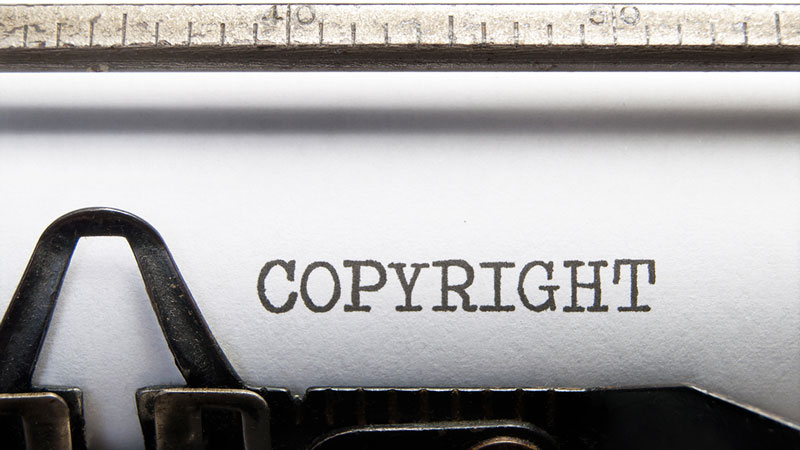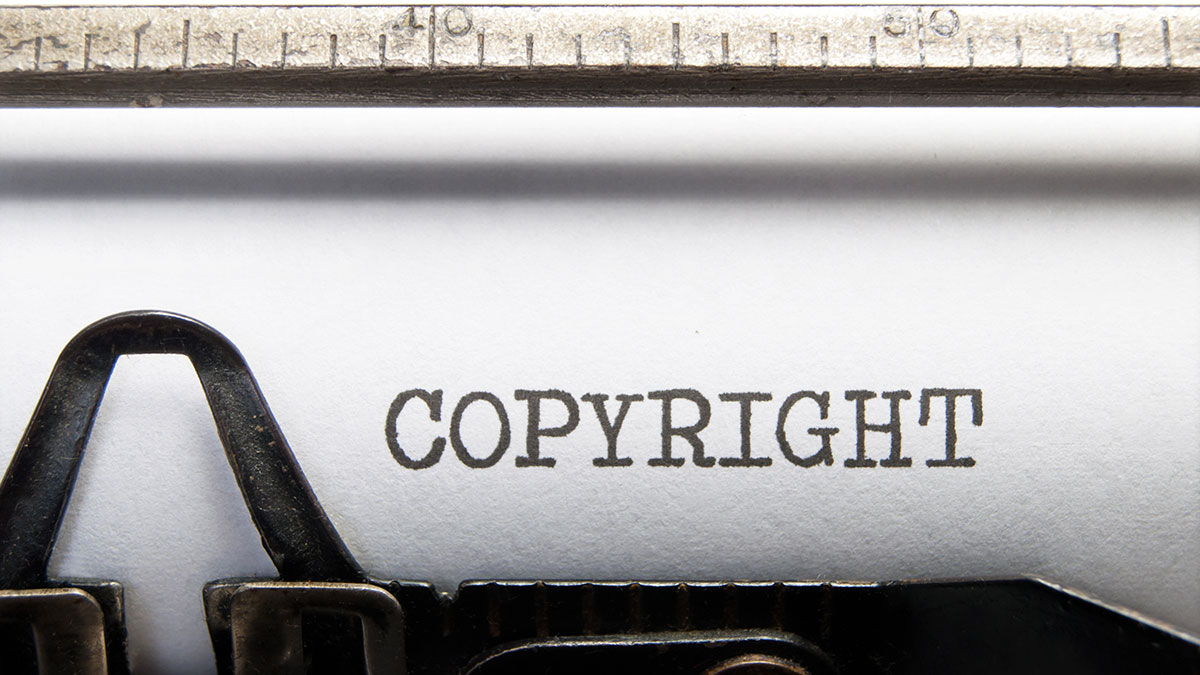Intangible assets are the most important capital companies have, and when properly protected can be a major competitive advantage. More than half of the value of EU companies is made up of intangible assets, and the corresponding number for American S&P 500 companies is a dizzying 84%. Intellectual property rights are tools to protect intangible assets, such as innovations, products and brands.
Intangible Assets are the Most Important Capital Companies Have



Sakari Salonen & Kim Parviainen
Related services

The COVID-19 pandemic has pushed companies to seek growth through digitalisation projects and has also created a need to protect these investments. This is one reason why the number of patent and trademark applications has grown significantly in Finland this year. The same trend can be seen in the European Patent Office, where the growth has been highest in the telecommunications and technology sectors.
The creation of intangible value brings success to society as a whole. Indeed, renewing the national strategy for intangible rights has been included in Finland’s Government Programme. Finland’s Ministry of Economic Affairs and Employment has already begun this work, and when complete, the new strategy will support companies’ competitiveness in an increasingly digital and global operating environment and further boost Finland’s position as an internationally attractive location for innovation.
It is past time for responsible corporate management to map out what their company’s significant intellectual property rights are and to make sure that these rights are protected on the relevant markets and have been incorporated in their company’s strategy. To do otherwise is to expose the company to a serious business risk: the company could lose the rights to its own innovations, or at worst, even have to cease selling its products. At the same time, it is important for management to ensure that the company’s brands and services are marketed responsibly in line with the brand and its value.
We are living in a highly digital but ever more vulnerable world. Intangible assets are targets for industrial espionage and cybercrime and must be protected by every means. There is much work to be done, as a great deal of these assets remain unregistered and unprotected.










